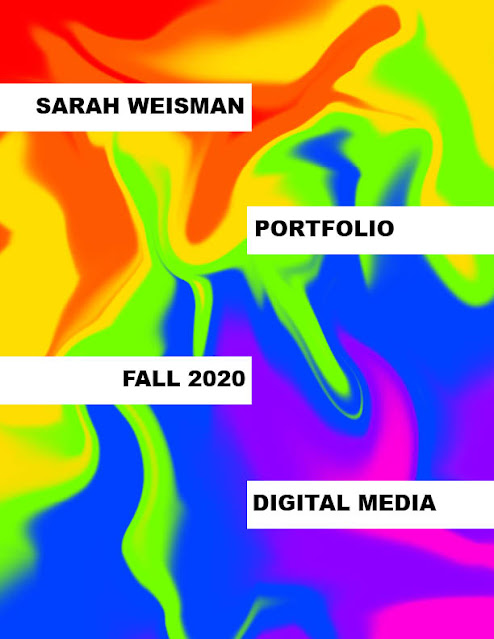Internet / World Wide Web
Internet / World Wide Web
What is the definition of internet? The internet is a system that has revolutionized communications and methods of commerce by allowing various computer networks around the world to interconnect. It is sometimes referred to as a "network of networks". Studies show that approximately 4.5 billion people were estimated to have access to the internet today. In the 1960s, computer scientists were credited with inventing the Internet communication protocols we use today. These scientists are Vinton Cerf and Bob Kahn. They created the internet as a way for government researchers to share information. Believe it or not the internet was originally used for military purposes. Today, you can use the Internet to access libraries, encyclopedias, art galleries, news archives, and other information sources from anywhere in the world.
The World Wide Web (WWW) is a system of extensively interlinked hypertext documents. It is a branch of the internet. In Geneva, Switzerland, Tim Berners-Lee, a British scientist, invented the World Wide Web in 1989. He partnered with Robert Cailliau, an engineer. They created the WWW to retrieve and display of text and media to your computer. It was originally created to develop and meet the demand for automated information-sharing between scientists in universities and institutes around the world. Today, the WWW is used for displaying text, graphics, and audio retrieved over the Internet on a computer monitor.
The internet and the world wide web are not the same. The internet is a large network of computers connected all together and the WWW is a collection of webpages found on the network of computers. They work closely together because your web browser uses the internet to access the WWW. The first website was created on August 6th, 1991 by Berners-Lee. The first web address was http://info.cern.ch/hypertext/WWW/TheProject.html. The website is not actually functional but it still redirects you to another website.
Citations:
1st paragraph
https://www.britannica.com/technology/Internet
https://www.britannica.com/story/who-invented-the-internet
https://sites.cs.ucsb.edu/~almeroth/classes/F04.176A/homework1_good_papers/Alaa-Gharbawi.html
https://www.usg.edu/galileo/skills/unit07/internet07_02.phtml
2nd paragraph
https://www.dictionary.com/browse/world-wide-web?s=t
https://home.cern/science/computing/birth-web/short-history-web
https://study.com/academy/lesson/world-wide-web-how-the-web-works.html
https://www.britannica.com/technology/computer-programming-language/SGML#ref849864
3rd paragraph




Comments
Post a Comment